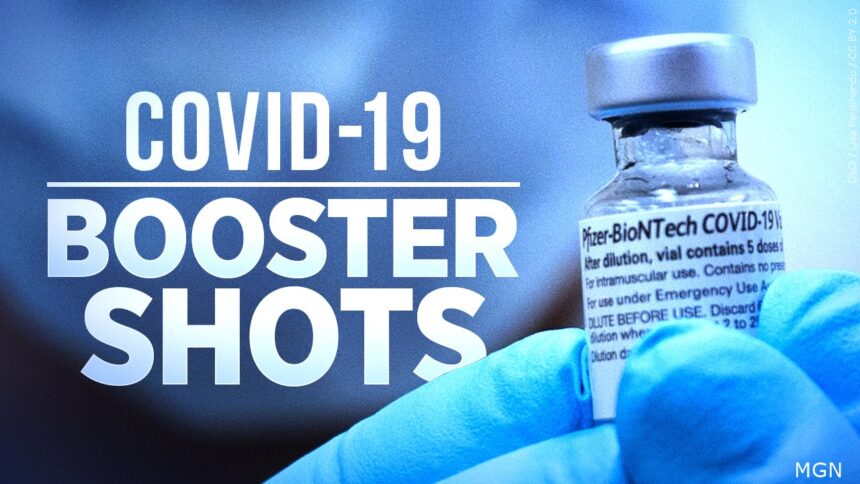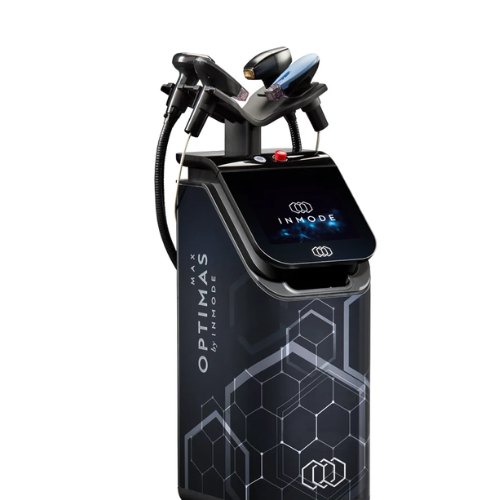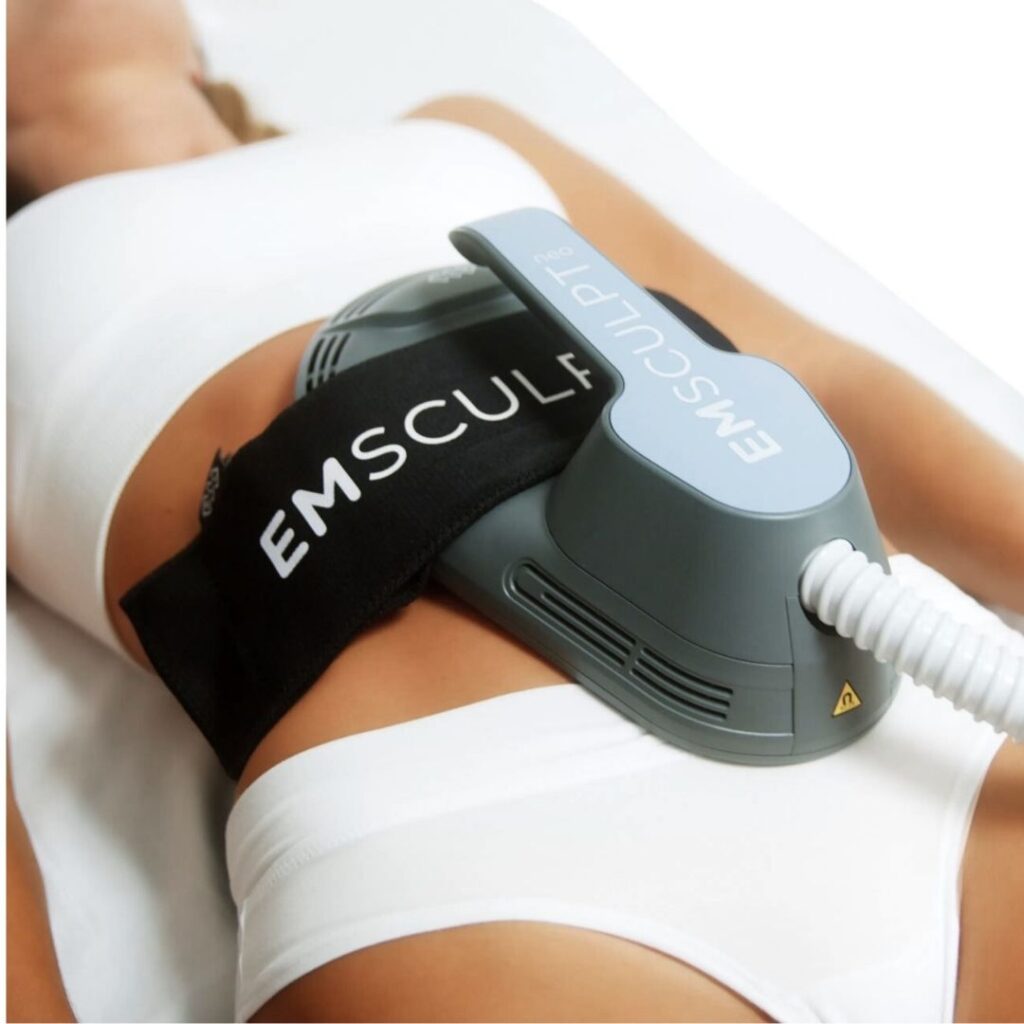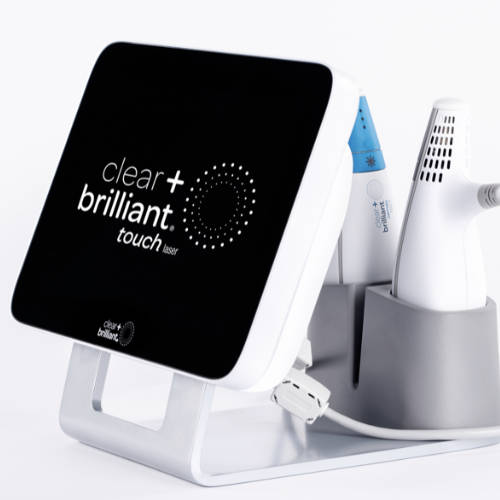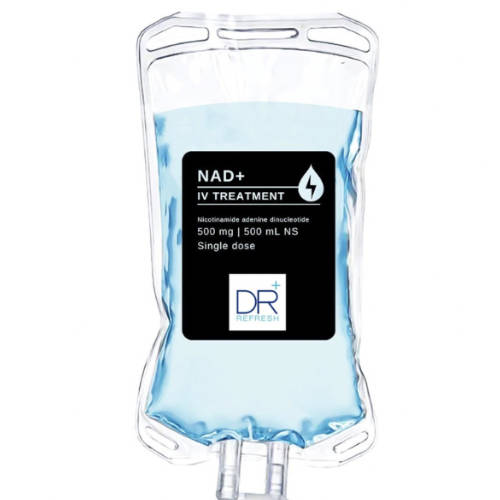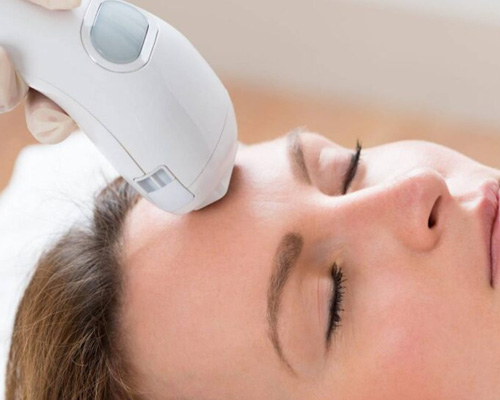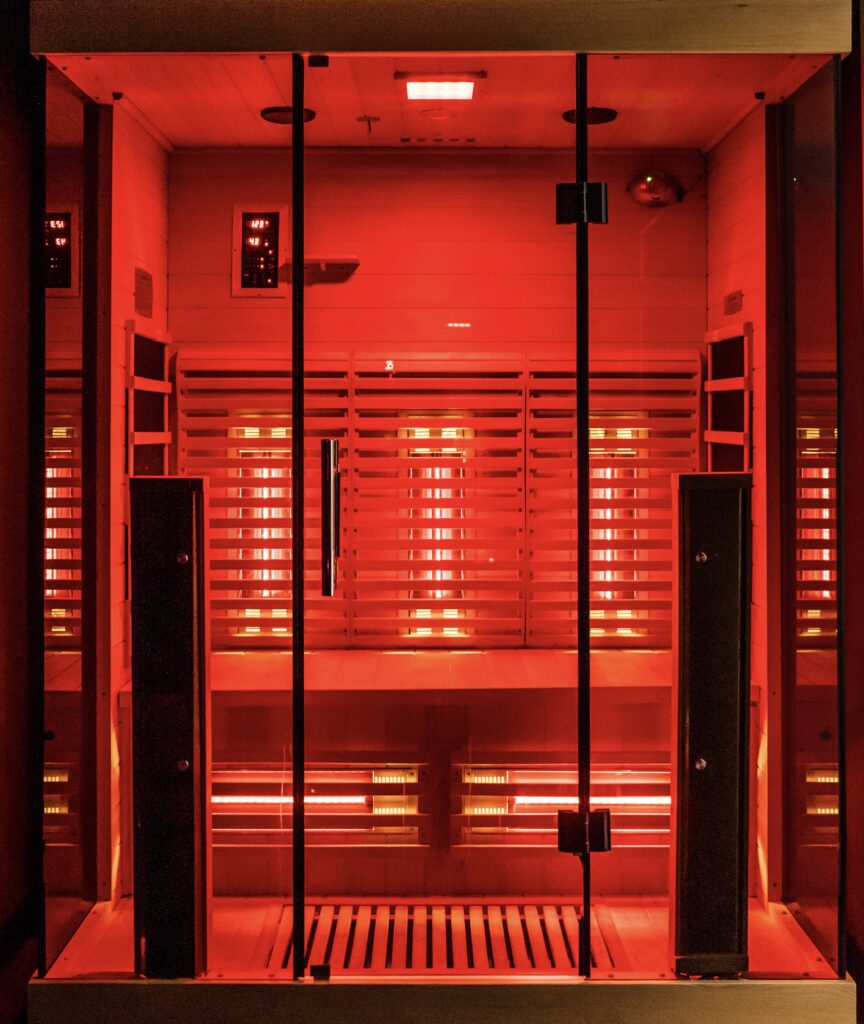While there’s a decrease in the protection against the widespread delta variant and waning immunity, many countries, including the United States, are announcing offering vaccine booster shots to double-vaccinated people. The booster shot will be deployed six months after the previous dose.
In this article, we’ll discuss vaccine booster shots, how they work, and what the evidence says about booster shots.
What Is A Booster Shot?
A COVID-19 booster shot is the same dose as given the previous doses. Booster shots are offered to those people who have completed a two-shot regimen of vaccines and developed a good immune response, but their immunity waned over time. As the delta variant is eluding the immune protection generated by vaccines, the booster shots are intended to mobilize further the immune defenses of your body [1].
According to Pfizer and partner BioNTech, if an individual receives a booster shot six months after the second dose, there’s a 5-10 times increase in antibody levels [2].
Similarly, Johnson & Johnson said that those people who received an extra shot of its single-dose vaccine have antibody levels increased nine-fold.
How Do Booster Shots Work?
Vaccination causes the immune cells to churn out antibodies after an initial surge, which then gradually drops. This gradual drop produces a long-lasting “memory” in B & T cells that defend the body against future COVID-19 infection.
A booster shot causes B cells to again elevate the levels of antibodies against pathogens. The number of B cells will dwindle again, but a much larger pool of long-lasting memory will immediately produce a stronger response against the virus [3].
Another attribute of vaccine booster shots is affinity maturation, during which B cells previously trigged by the double-dose vaccine reach the lymph nodes and gain mutations. Here, they churn out antibodies that will more strongly bind to pathogens [4].
Why Offer COVID-19 Booster Shots?
Many scientists have stated that the efficacy of vaccines reduces over time, naturally dwindling the virus-fighting antibodies. For instance, the protection of Pfizer has been shown to drop from 96% to 84% within two months after receiving two doses.
However, the company is requesting approval for a third dose from the US and European regulators. Pfizer vaccine is expected to be highly effective against the Delta variant, but the risk of reinfection because of waning immunity is predicted.
The first country to start a booster campaign for immune-compromised and older adults is Israel. Israel has vaccinated 57% of its population with Pfizer/BioNTech vaccine.
Who Needs A Booster Shot?
The Centers for Disease Control and Prevention (CDC) recommends that an additional dose of mRNA COVID-19 vaccine should be offered to people in the US who are moderately to severely immuno-compromised. Immune-compromised people account for only 3% of the US population who:
- Have received a stem cell transplant within the last two years.
- Untreated advanced HIV infection.
- Received an organ transplant and taking immune-suppressing medicines [5].
- Have severe immunodeficiency.
- Have been receiving blood cancer treatment.
Dr Refresh med spa offers many immunity boosting services like Vitamin IV’s click here to book yours now.
Also read this article on vitamin IV’s helping to boost your immunity against Covid-19
References:
[1] Mahase E. Covid-19 booster vaccines: What we know and who’s doing what. BMJ 2021;374:n2082. https://doi.org/10.1136/bmj.n2082.
[2] Mahase E. Covid-19: Booster dose will be needed in autumn to avoid winter surge, says government adviser. BMJ 2021;372:n664. https://doi.org/10.1136/bmj.n664.
[3] Thomas SJ, Moreira ED, Kitchin N, Absalon J, Gurtman A, Lockhart S, et al. Six Month Safety and Efficacy of the BNT162b2 mRNA COVID-19 Vaccine. MedRxiv 2021:2021.07.28.21261159. https://doi.org/10.1101/2021.07.28.21261159.
[4] Mizrahi B, Lotan R, Kalkstein N, Peretz A, Perez G, Ben-Tov A, et al. Correlation of SARS-CoV-2 Breakthrough Infections to Time-from-vaccine; Preliminary Study. MedRxiv 2021:2021.07.29.21261317. https://doi.org/10.1101/2021.07.29.21261317.
[5] Kamar N, Abravanel F, Marion O, Couat C, Izopet J, Del Bello A. Three Doses of an mRNA Covid-19 Vaccine in Solid-Organ Transplant Recipients. N Engl J Med 2021;385:661–2. https://doi.org/10.1056/NEJMc2108861.
